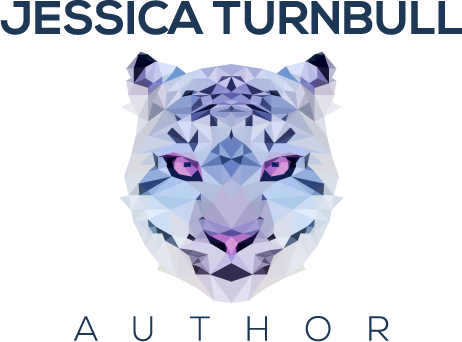Hi all!
This week I'm going to be talking about NaNoProMo, or National Novel Promotion Month. Every year in May BadRedhead Media run this free event, which is full of blog posts by guest writers and resources to help you with promoting your book. There's also the opportunity to win loads of great prizes!
Website here: NaNoProMo.
I heard about it through joining the BookLinker Facebook page, where a post about it starting soon just happened to be put up when I joined. I looked into it and thought it was a great idea, so I kept an eye on the website for launch day.
This year they had a launch party where experts were engaging with authors and sharing their tips and tricks with chances for prizes to be won. Due to the fact that I'm in a different timezone and I also worked that day, I missed most of the event but was still able to catch up later. There were great posts about what the experts were working on and engaging authors. Once this was over blog posts were added daily to their website.
My favourite blog post throughout the event was this one: How to Safely Choose Colours for your Author Website. I've always struggled with colours for my website and this post has given me a lot of thinking to do! I think I my colour palette sorted, I just need to adjust my website a bit so it fits.
I also won a prize during week one which I was not expecting! I can't wait for my consultation about marketing.
I will participate again next year as it was just so fun and informative. Even though it's over this year, you can still read all the blog posts and posts from the guests on launch day by going on their website. There's also the posts from 2019 and 2018 as well, so there's a lot to read!
With events such as NaNoWriMo and NaNoEdMo I'm pleased that there's a month for marketing and promotion. A lot of people, like me, struggle with promoting their book so events like this are amazing. I've learned a lot just from reading all the posts and engaging with the organisers. Everyone has been so lovely and the prizes that were available were amazing, such as free consultations on marketing tips and website colours to magazine subscriptions. It's such a great collection of resources and I would definitely recommend authors look into it and participate.
I also just wanted to say thank you to the organisers and the guest bloggers who put their time, energy and heart into making an event like this. I thoroughly enjoyed it and I'm so grateful that an event like this exists thanks to their efforts.
Before I say goodbye I wanted to announce that Elemental Dragons Book 2: Venom and Earth came third in Cover Wars, thank you to everyone who voted!
That's it for this week, next week I will be revealing the cover for Elemental Dragons Book 3: Glass and Ice. It will be posted on Facebook and Twitter first with a blog post on it a few hours later! See you next week.


















